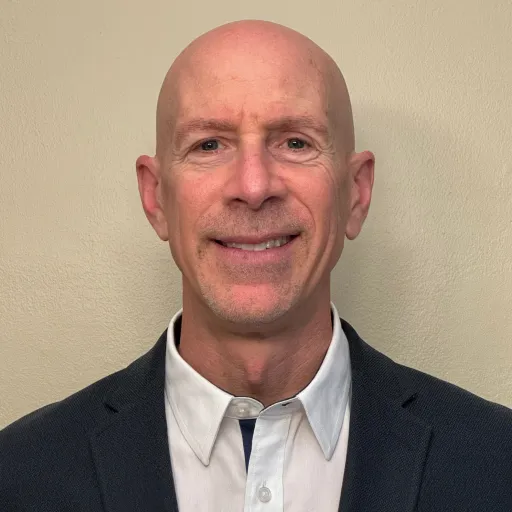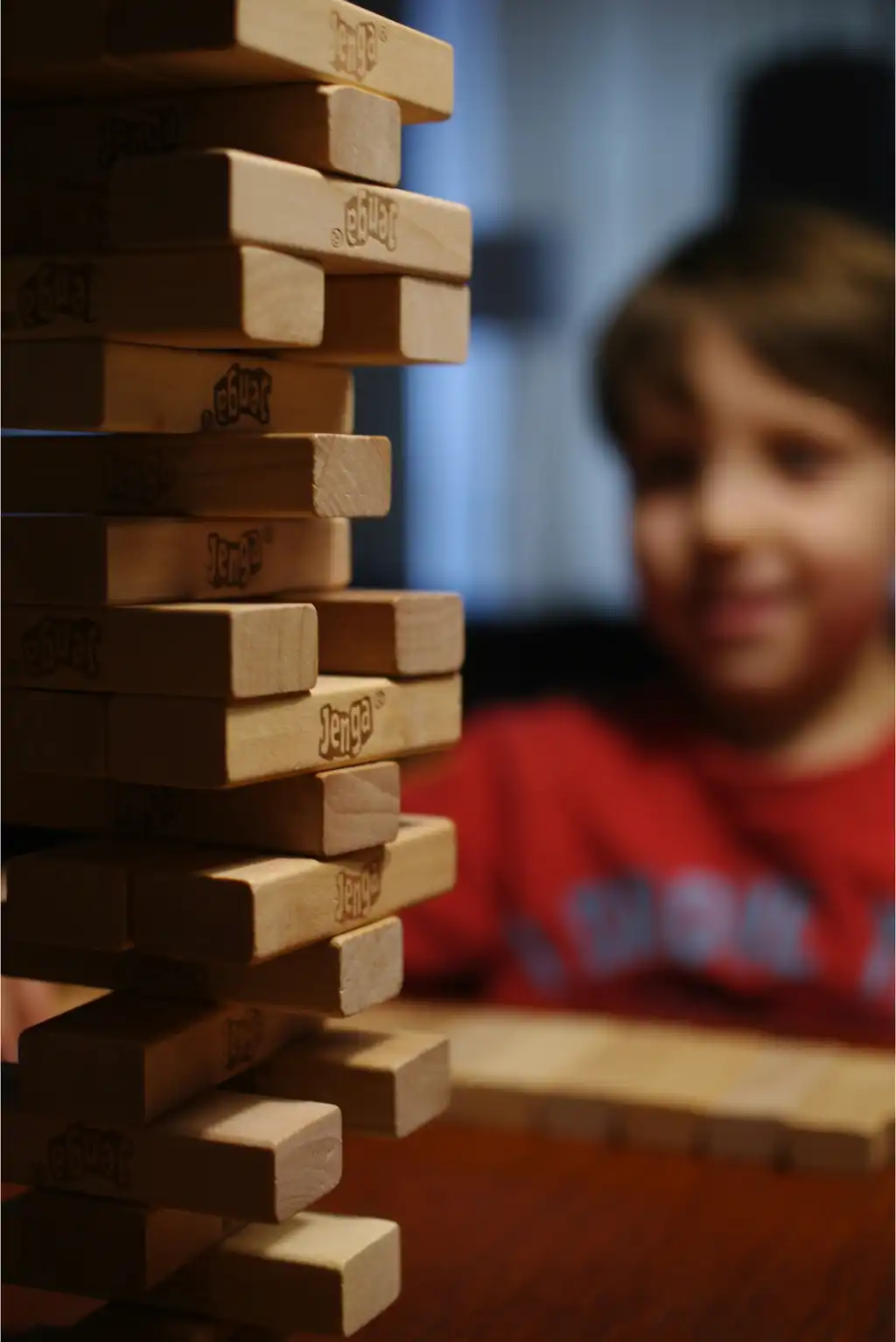
Recognizing the Signs of Emotional Abuse: Why Is My Husband Yelling at Me?
Yelling can be a form of emotional abuse, often used to control or manipulate. Understanding the signs is crucial for protecting yourself and taking the first steps toward seeking help.
What Is Emotional Abuse and How Does It Manifest?
Emotional abuse is a pattern of behavior where one person uses words or actions to intimidate, control, or manipulate another. It often involves yelling, insults, and degrading comments, leaving the victim feeling powerless and trapped.
Why Is My Husband Yelling At Me? Understanding the Motives Behind the Behavior
Yelling is often a symptom of a deeper issue, such as an attempt to control, dominate, or exert power in the relationship. This section explores why abusive partners may resort to yelling as a form of emotional manipulation.
The Role of Control and Manipulation in Emotional Abuse
Abusive individuals may yell to assert control over their partners, making them feel small and helpless. This behavior can stem from insecurities
How Yelling and Verbal Abuse Impact Your Mental Health
The effects of verbal abuse can be long-lasting, leading to anxiety, depression, and low self-esteem. Understanding the mental health consequences of living with an abusive partner is essential for recognizing the need to seek help.
The Emotional Toll of Constant Yelling and Degradation
Constant yelling can cause emotional trauma, leading to feelings of worthlessness, fear, and hopelessness. Over time, this can develop into more severe mental health issues like anxiety and depression.
Our Emotional Abuse Therapists Are Ready To Help You Today
Our compassionate team is here to support your journey of healing, and reclaiming control over your life.
Meet Some of Our Expert Therapists

Sheri Williamson
I help to build a client's confidence and capacity for managing and mitigating their mental health. Together we create a plan based on the client's priorities using a strengths-based approach. Clients learn new interventions and how to incorporate them into every day life.
View Sheri's Profile
Bret Bertrand
While we cannot change the difficult experiences from the past, we can strive together to understand and overcome any negative impact you currently have in your life. I believe together we can develop a path toward healing, health, and freedom to keep moving forward.
View Bret's Profile
Bionca Martin
Let me help you find balance in your life: I work with children, adolescents, teens and adults with mood disorders, substance use disorders, behavioral problems, emotional disturbance, impaired social functioning as well as abuse survivors (mental, physical, neglect, financial, medical, educational) and perpetrators.
View Bionca's Profile
Emily Stoner
I believe cultivating ways one can empower oneself can be a catalyst for positive changes. By finding practical ways to remind ourselves of choices we have in our everyday lives can assist in improving ourselves overall. I believe in meeting individuals where they are in their healing journey and provide flexibility due to life's busy schedule.
View Emily's Profile
Irina Salabai
I deliver care that is empathetic, compassionate and evidence-based. I take time to listen and to understand each person's unique needs. I aim to provide and maintain a safe, non-judgmental, holistic and supportive therapeutic environment.
View Irina's ProfileSeeking Help: How to Protect Yourself from an Abusive Husband
If you are experiencing verbal abuse, it’s important to prioritize your safety and seek help. There are resources available to help you escape abusive situations and regain control over your life.
Steps You Can Take to Ensure Your Safety and Well-Being
If you feel unsafe or threatened by your partner, it’s crucial to reach out for help. Support is available through friends, family, and domestic abuse hotlines. Don’t hesitate to seek professional advice
Finding Support: Resources for Victims of Domestic Abuse
There are numerous organizations and resources dedicated to helping victims of domestic abuse. This section provides information on how to access help and begin the process of healing.
Connecting with Domestic Violence Hotlines, Shelters, and Counselors
If you are in an abusive relationship, contacting a domestic violence hotline or seeking refuge at a shelter can be a life-saving step. Professional counselors can also help you work through the trauma and build a plan for moving forward.
Moving Forward: Building a Healthier, Safer Future
Escaping an abusive relationship is difficult, but it’s possible with the right support. Taking the first step toward safety and healing can lead to a brighter, more secure future for you and your loved ones.
How to Rebuild Your Life After Leaving an Abusive Relationship
Leaving an abusive partner can feel overwhelming, but it’s a crucial step toward healing. Focus on rebuilding your confidence, seeking therapy, and surrounding yourself with supportive people who can help you regain control of your life.
Insurance Coverage Made Simple
We accept most major insurance plans and offer low self-pay rates to ensure quality care is accessible to everyone. Your well-being is our priority, and we're here to help regardless of your financial situation.
FAQ: Common Questions About Domestic Conflicts
Why is my husband yelling at me all the time?
Is yelling a form of emotional abuse?
Why do abusive husbands yell?
What should I do if my husband is yelling at me?
Can yelling cause trauma?
How can I protect myself from verbal abuse?
Is it normal for husbands to yell during arguments?
How do I know if I'm in an abusive relationship?
Related Articles

Platonic Friendship: Navigating the Complexities of Non-Romantic Bonds
Platonic friendship is a valuable part of life. This article examines the complexities of these non-romantic bonds, offering insights into building and maintaining healthy platonic relationships.

Top Family Reunion Games for 2025: Creating Memories With Fun Activities
Explore a variety of family reunion games for 2025, from easy indoor activities to competitive outdoor games.

Why Does My Wife Yell at Me? Recognizing and Addressing Abuse
Understand why your wife yells at you. Learn about emotional abuse, its effects on mental health, and steps you can take to seek help for a healthier relationship.

What Is Lust: Understanding Its Role in Relationships and Mental Health
Learn what lust is, its psychological effects, and how therapy can help you manage its impact on relationships and mental health.



